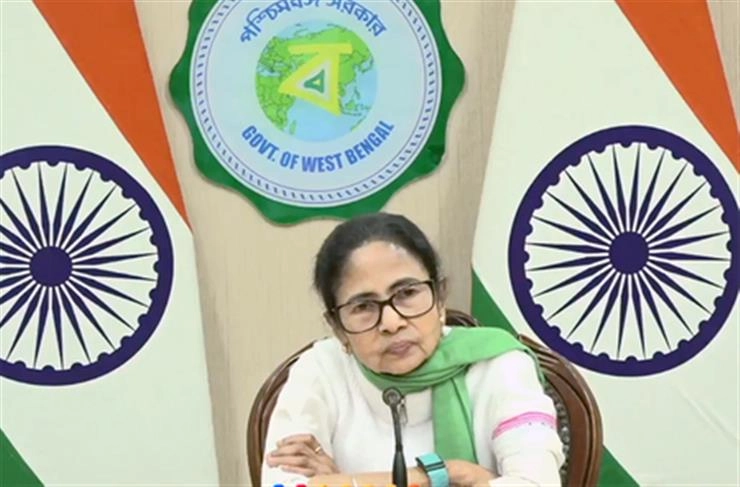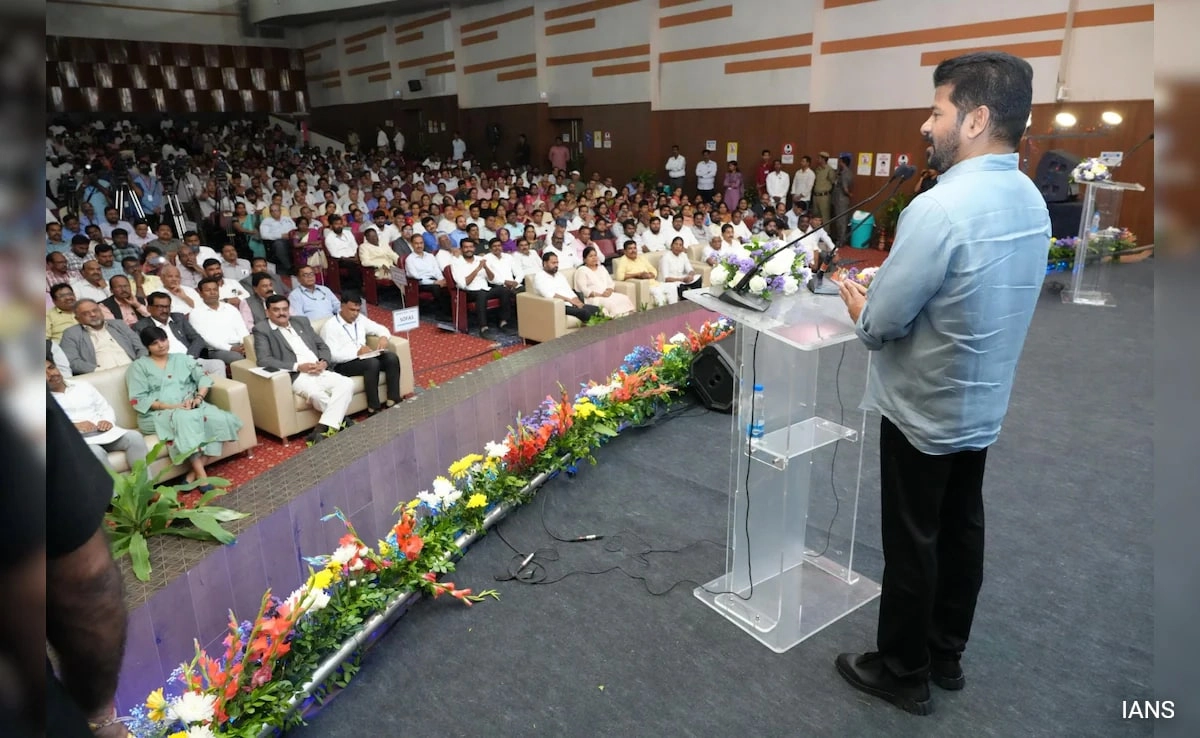The Madhya Pradesh High Court has recently made a significant ruling regarding a case that involves allegations of caste humiliation, ordering the application of the National Security Act (NSA) in this context. This decision underscores the judiciary’s commitment to addressing issues related to caste discrimination and protecting the rights of marginalized communities. The NSA, typically invoked in matters of national security, has also been applied in instances where individuals face threats to their dignity and safety due to their caste identity.
In this particular case, the court found sufficient grounds to invoke the NSA, indicating that the actions of the accused not only humiliated the victim but also posed a broader threat to social harmony. The High Court’s intervention highlights the seriousness with which it views caste-based violence and discrimination, which continue to be pervasive issues in Indian society. By applying such stringent measures, the court aims to send a strong message against caste-based atrocities and to deter potential offenders from engaging in similar acts.
The ruling can also be seen as part of a broader effort to reinforce legal protections for individuals from oppressed castes, who often face systemic discrimination and violence. The application of the NSA in this context is particularly noteworthy, as it reflects an understanding that caste-based humiliation can lead to significant societal unrest and disrupt public order. This decision may set a precedent for future cases, encouraging more victims to come forward and seek justice without the fear of retaliation or social ostracism.
In conclusion, the Madhya Pradesh High Court’s order to apply the NSA in a caste humiliation case marks a pivotal moment in the fight against caste discrimination. It not only signifies a judicial acknowledgment of the gravity of such offenses but also reinforces the state’s responsibility to ensure the safety and dignity of all its citizens. As the legal landscape evolves, the implications of this ruling may resonate beyond the immediate case, fostering a more inclusive and just society where caste-based humiliations are met with prompt and rigorous legal action.




